masterclass
Acting
as a leader
as a leader
WITH Laurent combalbert
LIKE A MUSCLE, CONFIDENCE NEEDS TO BE WORKED EVERY DAY.
69€ TTC
Including all videos, logbooks and IPC test©.
4,8/5
12 LESSONS
in vidéo (2h15)
To be recognized as a leader and take control of your team, it’s not enough to be appointed by a hierarchical authority.
Keeping your strategic vision while giving tactical confidence to your team members, encouraging the proper transmission of information to make the right decisions, allowing the expression of disagreement while applying real operational discipline – these are the attitudes and behaviors that will enable you to establish yourself as a leader and engage your teams in the mission, however intense it may be.
SINGLE PURCHASE INCLUDES ALL MASTERCLASSES WITH LOGBOOKS AND IPC© TEST
the content
TEST

Logbook

You’ll find the content of each lesson as well as exercises and a bibliography for further reading, available to download in pdf format.
FULL Program
12 LESSONS
2H15 MASTERCLASS
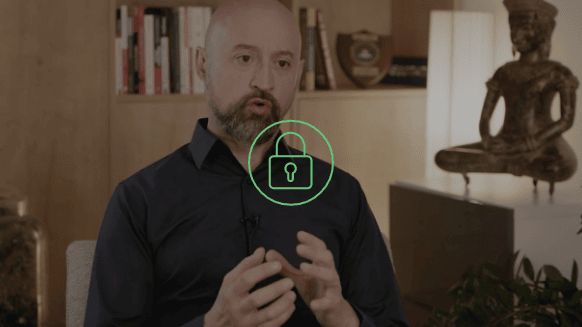
1/ Leadership profile
There is no such thing as a typical leader profile, but there are essential qualities that must be developed and combined to be recognized as effective and legitimate: in this lesson, you’ll see what the qualities of a leader are in relation to himself, with his team and in his environment.
09:23
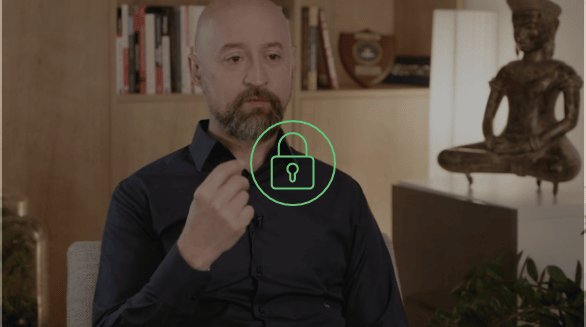
2/ Separate strategy from tactics
In this lesson, you’ll see why it’s important to separate strategy and tactics, as well as the importance of separating leaders and operators, because leaders protect operators from global uncertainty, and operators protect leaders from technical uncertainty.
12:10
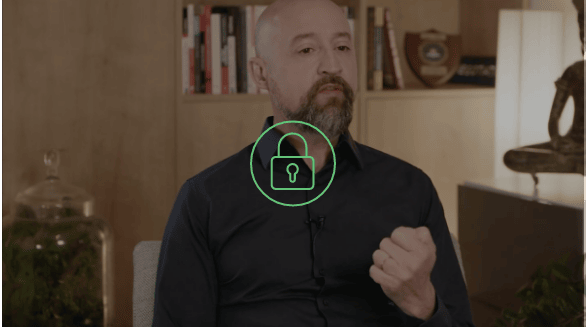
3/ Encouraging the information transmission
The ability to process, analyze, sort and qualify information is essential for a leader. In this lesson, you’ll learn how to avoid bias in information processing, and how to ensure that the necessary and useful information is transmitted from the leader to his team, and from his team to him.
13:34
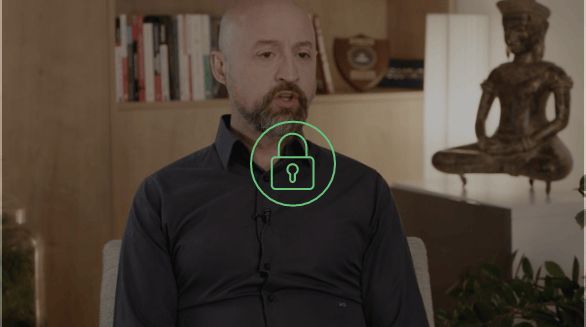
4/ Applying the right to disagree
A good leader must be conflict-aware, or in other words, give the right to expressed disagreement. This lesson will help you set the rules for conflict, turning it into constructive freedom of expression while avoiding the pitfalls of sterile conflict.
11:04
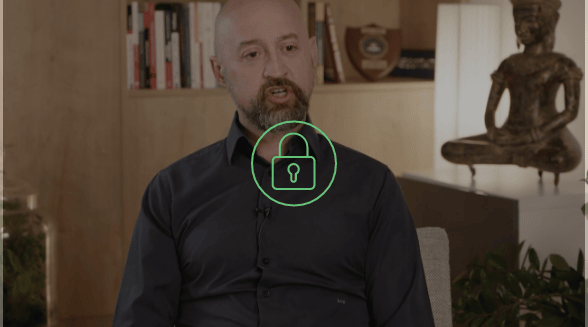
5/ Restore the duty of discipline
Discipline often has a negative image for those who endure it. However, it is necessary for team performance, particularly in the action phase. In this lesson, you’ll learn how leaders can ensure the right balance, depending on the action cycle they’re in.
10:27
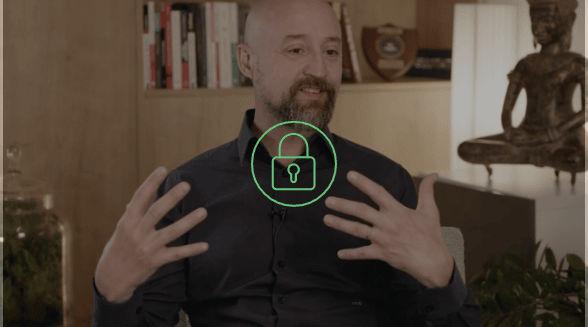
6/ Allowing transgression
Allowing transgression can scare leaders. Even if it must be exceptional and guided by a sense of mission, rules apply to authorize or sanction it. In this lesson, we’ll distinguish between those reasons that can be tolerated and those that cannot.
09:49
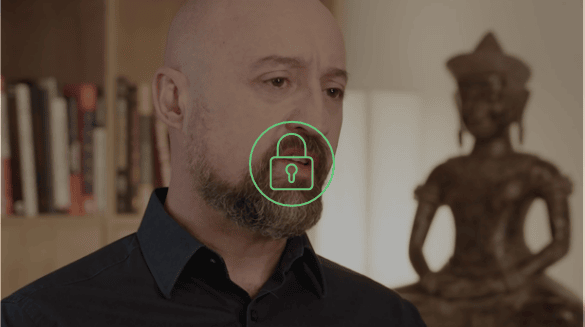
7/ Allowing room for error
The theme of “error” in organizations is sometimes a sensitive one, particularly when it’s associated with the notion of failure. In this lesson, you’ll see how to separate these notions and restore error to its rightful place as a learning capacity and a source of progress that encourages action.
10:25
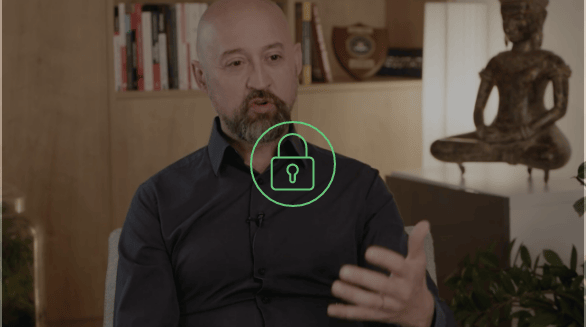
8/ Ruling between decision speed and decision quality
Decision-making is an essential quality of a leader. He will sometimes have to decide between speed and quality, depending on the complexity of the situation. In this lesson, we’ll look at the decision-making process in relation to the situation at hand. We’ll look at the role of intuition and the leader’s determination.
11:46
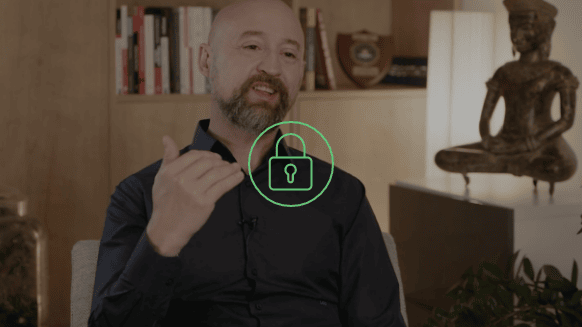
9/ High-intensity decision-making
This lesson will show you that if we are able to weigh up and control our perception of high intensity, we will ensure that it doesn’t prevent us from acting, that it doesn’t disrupt our operating modes, and that we can remain effective and efficient, even under pressure.
13:30
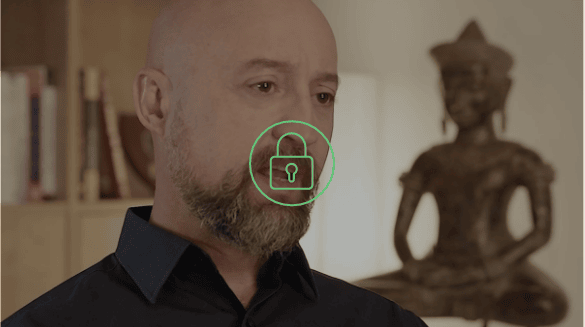
10/ Refusing or aborting a mission
The ability to say no is a necessary skill for a leader. He must be able to refuse or stop an assignment. Saying “no” is a sign of credibility, proving that you know your limits: your own and those of your team. In this lesson, we’ll look at why and how to stop an assignment.
16:14

11/ Managing hierarchical distrust
A leader’s authority and legitimacy can sometimes be called into question. Defiance is normal when you’re a committed and assertive leader. This lesson will give you the keys to reasserting your authority and regaining control through your attitudes and exemplary leadership.
12:08

12/ Guarding against the leader’s overconfidence
Overconfidence can be harmful to a leader. To avoid this, you need to surround yourself with people you can trust. In this lesson, you’ll learn how to protect yourself from the risks and pitfalls of “over-confidence”, and maintain a clear, objective vision.
11:47
ONE TIME PURCHASE
INCLUDES ALL MASTERCLASSES
INCLUDES ALL MASTERCLASSES
HIGHLIGHTS
12 LESSONS FOR GETTING TO KNOW YOURSELF
- Exclusive, never-before-seen videos on the subjects of trust, negotiation and leadership.
- Exceptional experts, recognized for their skills in the field and their ability to pass on lessons learned from their operational experience.
- Concrete examples and debriefings of real-life cases to support the theoretical input essential for assimilating the concepts covered.
- An exclusive logbook for each Masterclass, containing key definitions, concepts covered and a bibliography dedicated to each theme.
- 12 video lessons per Masterclass, so you can watch and review them whenever and wherever you like, at your own pace.
- Inspiring experts who put themselves within everyone's reach, so that everyone can, at their own pace, become the person, the negotiator, the trusted leader.
- An intimate atmosphere and a sharing of stories and experiences from the field to illustrate the fundamental concepts of trust, negotiation and leadership.
- A notebook of exercises and personal questions to record your own ideas and experiences, so that each Masterclass is your own.
ONE TIME PURCHASE
INCLUDES ALL MASTERCLASSES
INCLUDES ALL MASTERCLASSES
The other masterclasses
BECOME THE PERSON YOU TRUST



